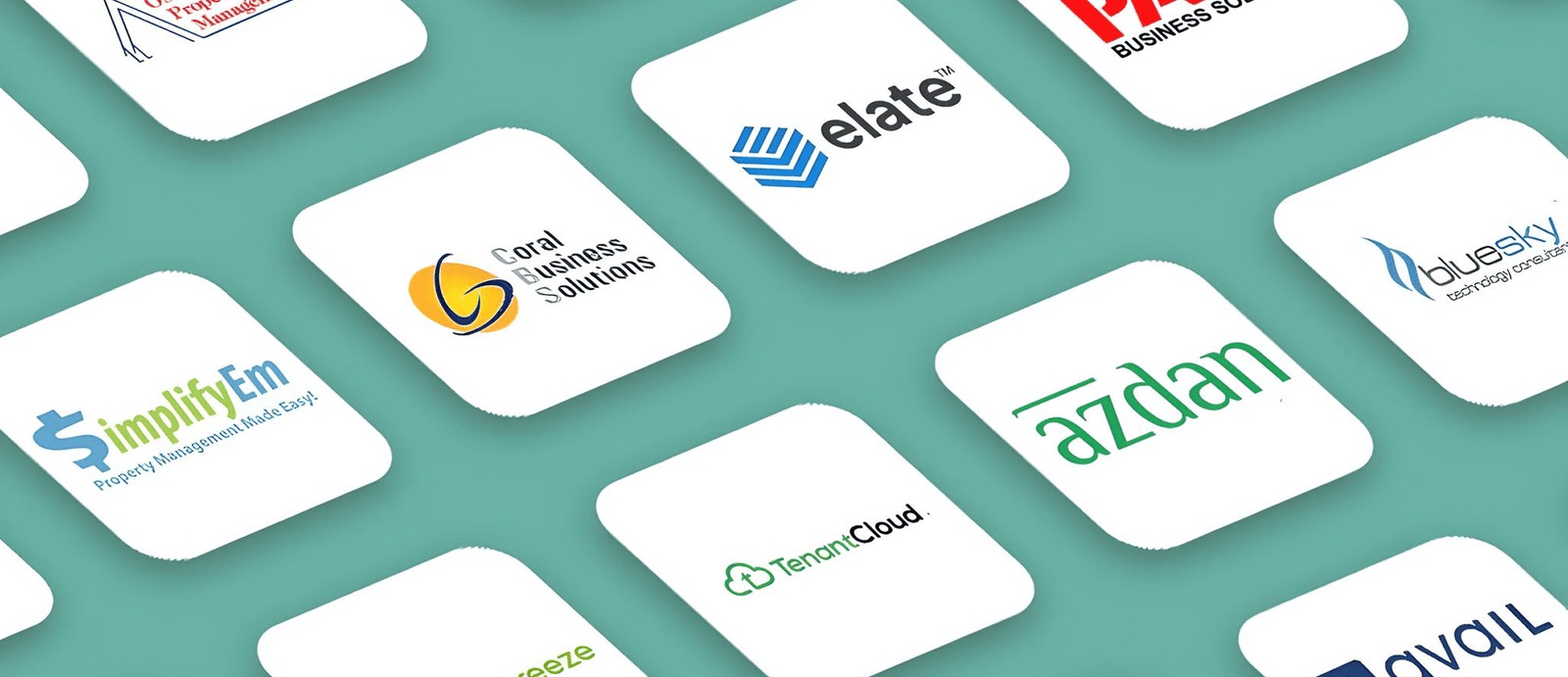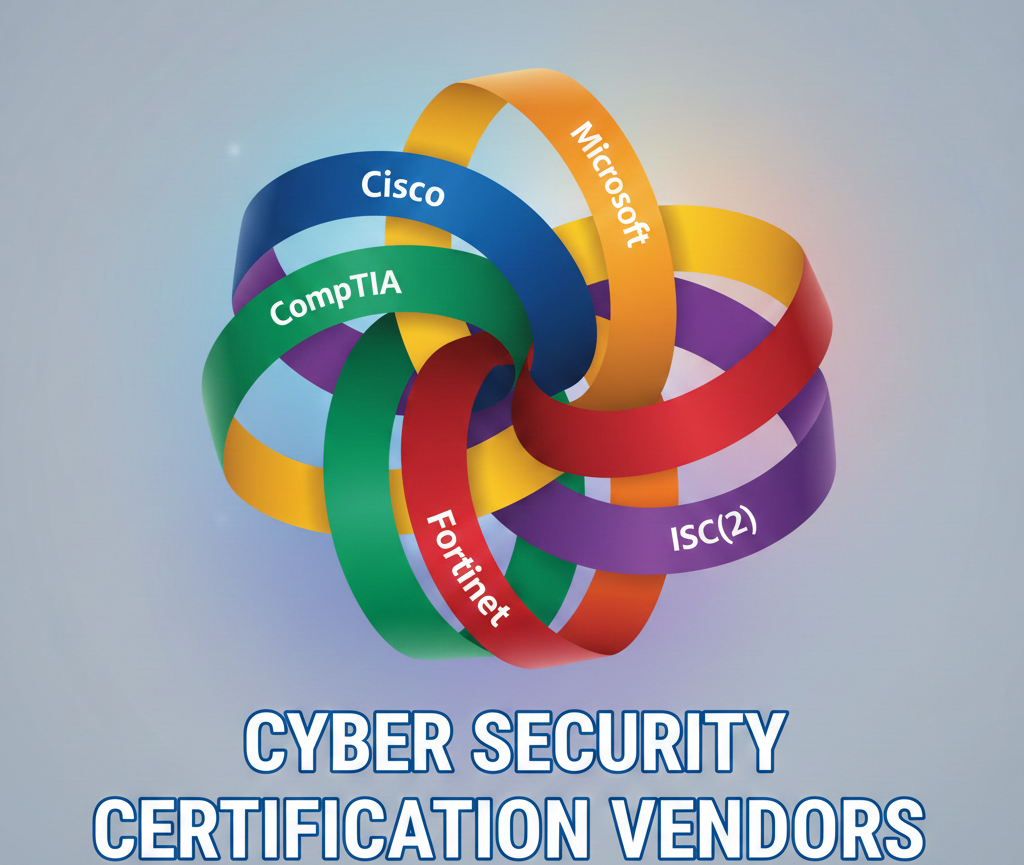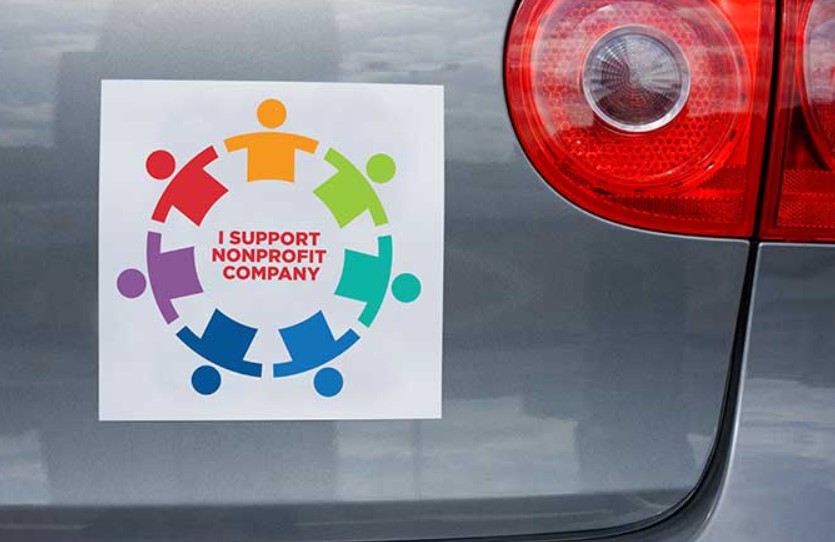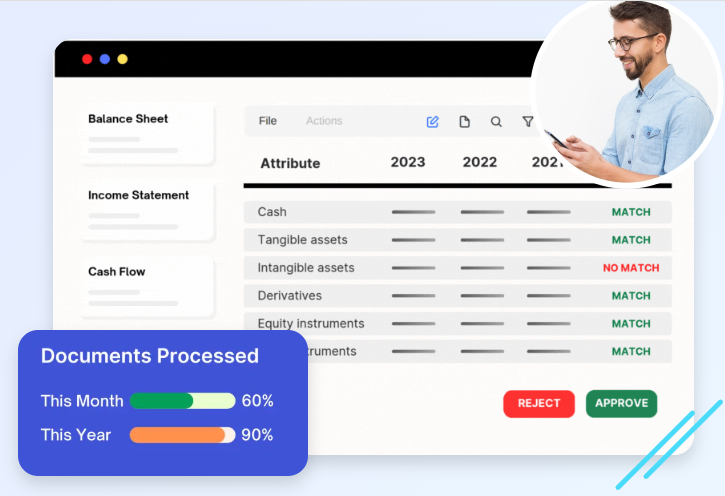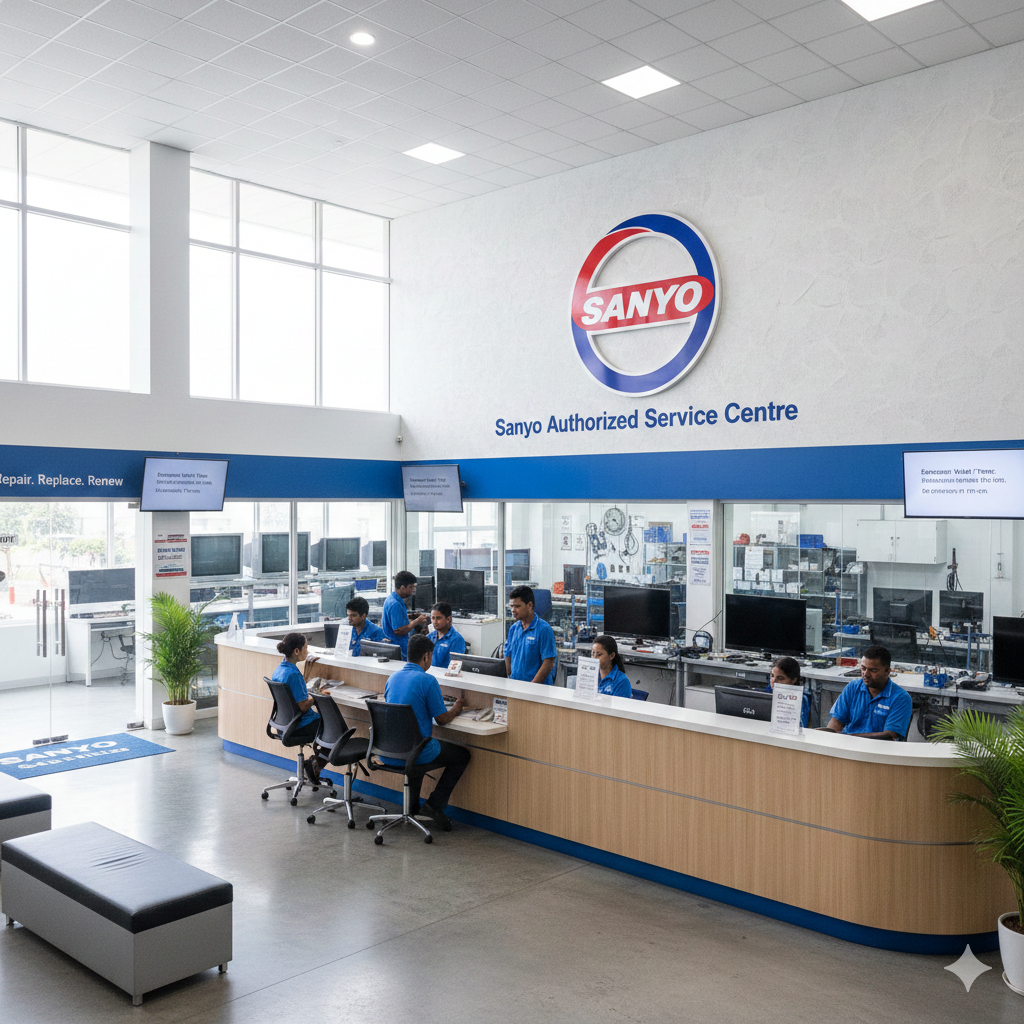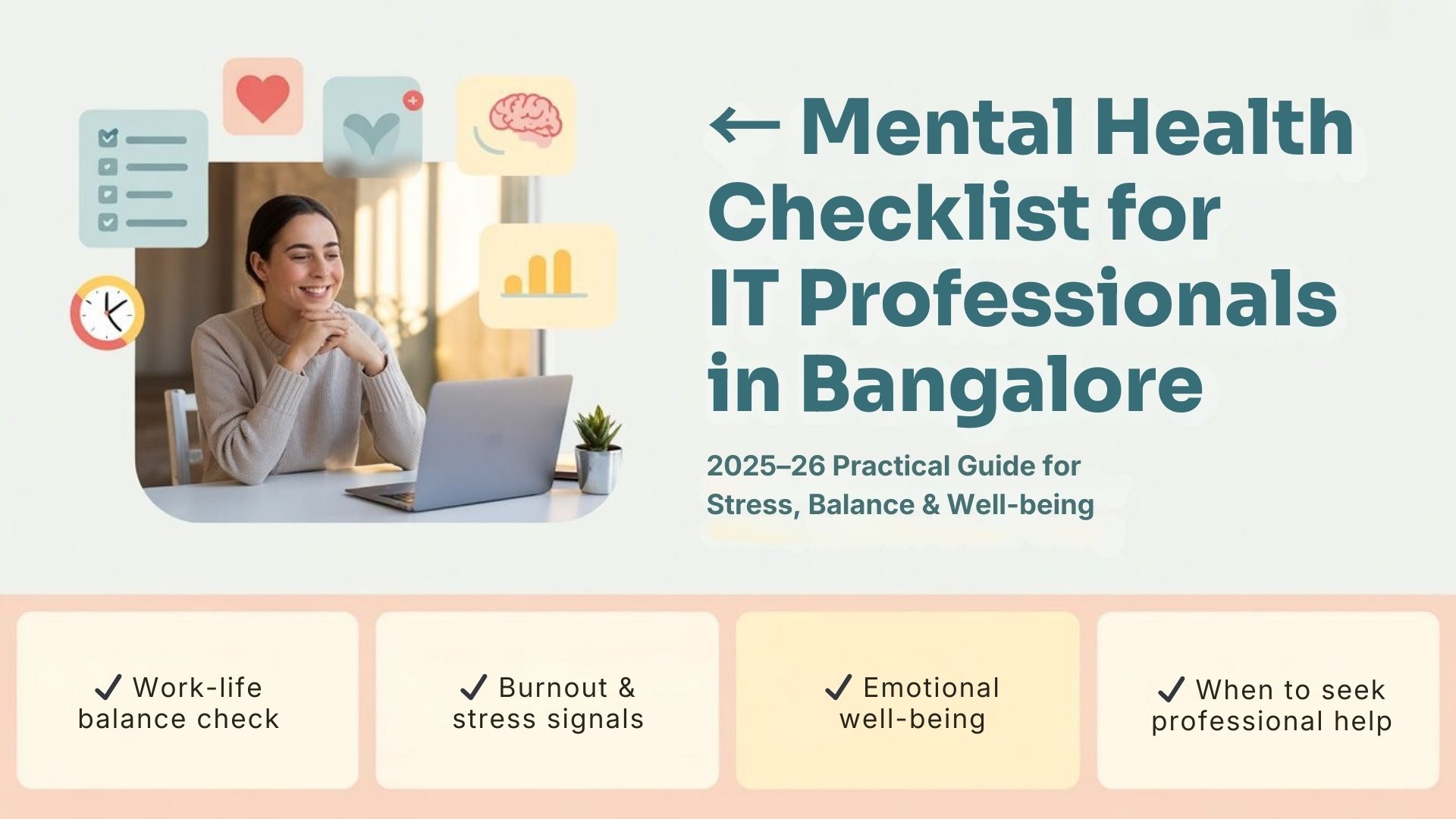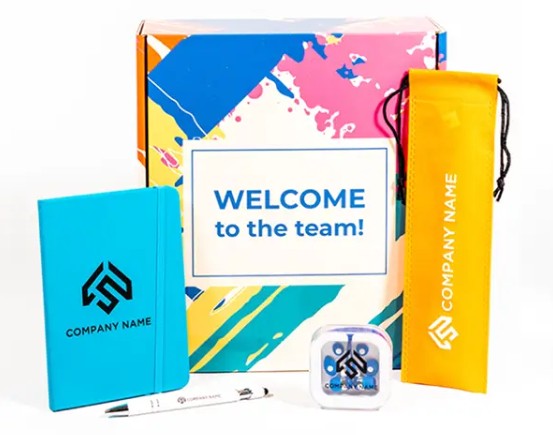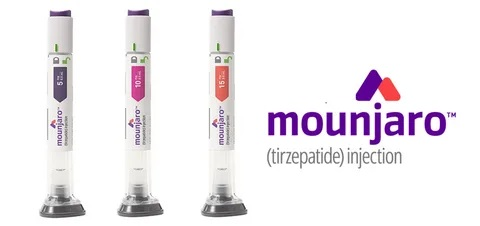Cybersecurity Certification Roadmap 2025: Your Journey to Success
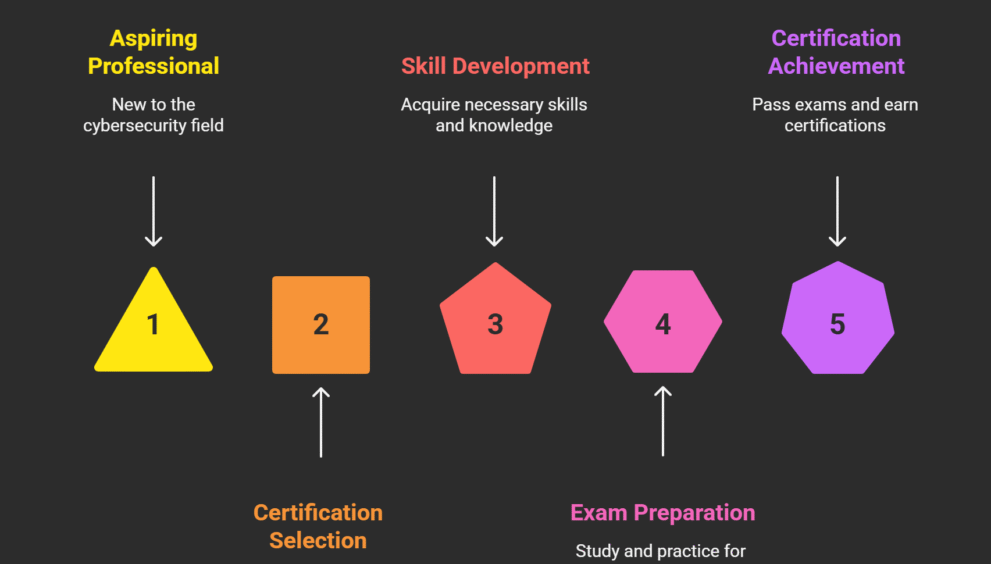
Close your eyes for a moment and picture yourself in 2025. You’re walking into a job interview, and the hiring manager scans your resume. Their eyes stop at a line that reads “Certified Cybersecurity Professional.” Instantly, you see their interest grow. Why? Because in today’s world, certifications are more than just pieces of paper — they’re proof of your dedication, your skills, and your ability to thrive in one of the most in-demand fields: cybersecurity.
That’s what this Cybersecurity Certification Roadmap 2025 is all about. It’s not just a list of exams and credentials; it’s a story about growth, persistence, and opportunity. Whether you’re a beginner exploring your first step or a seasoned IT professional aiming for the big leagues, this roadmap can be the bridge between where you are and where you want to be.
The Starting Line: Building Your Foundation
Every career journey begins with a single step, and in cybersecurity, that step often involves an entry-level certification. These early certifications act as a compass, guiding you through the basics of security concepts, networks, and risk management. Think of them as your first taste of the cybersecurity world — challenging, yes, but also rewarding.
In 2025, certifications like CompTIA Security+ or Microsoft’s SC-900 are excellent entry points. They don’t demand years of experience, yet they give you the credibility to say, “I belong here.” More importantly, they give you the confidence to pursue bigger goals. It’s not about memorizing technical jargon; it’s about building a mindset. Once you pass your first exam, you’ll realize that you’ve set the wheels of your career in motion.
Moving Forward: The Middle Path
After you’ve established the basics, it’s time to climb higher. The middle stage of the roadmap is where your skills shift from theoretical to practical. By now, you’re not just reading about security threats — you’re detecting them, analyzing them, and even stopping them.
In this stage, certifications like CompTIA CySA+ or Cisco CyberOps become valuable. They validate that you can respond to real-world challenges, not just textbook scenarios. Imagine sitting in a Security Operations Center (SOC), with alerts flooding your dashboard. These mid-tier certifications prepare you for exactly that kind of pressure.
Cloud security also dominates this era. With organizations moving their data and services online, certifications like AWS Security Specialty allow you to position yourself as a go-to expert in cloud defense. If you’ve ever wondered how companies secure their sensitive data in Amazon Web Services or Microsoft Azure, this is where you’ll find your answers.
Reaching the Peak: Advanced Mastery
Now, picture yourself years into your cybersecurity journey. You’ve moved beyond handling tickets and small incidents. You’re the one making decisions, building strategies, and leading teams. This is where advanced certifications come into play.
The Cybersecurity Certification Roadmap 2025 wouldn’t be complete without mentioning names like CISSP, CISM, or CEH. These certifications are more than milestones; they are symbols of mastery. Achieving them requires not just knowledge, but also experience and a vision for leadership.
For example, CISSP is often described as the “gold standard” of cybersecurity. It’s not easy, but once you earn it, you’re recognized globally as someone who can design, implement, and manage a robust security program. On the other hand, CEH proves that you can think like a hacker — not to cause damage, but to protect organizations from threats. These advanced credentials open doors to roles like security architect, cybersecurity manager, or even Chief Information Security Officer (CISO).
The Future of Cybersecurity Certifications in 2025
The beauty of this field is that it never stands still. In 2025, we are seeing shifts toward AI-driven security, zero-trust architecture, and cloud-native defenses. New certifications are being introduced to match these trends, giving professionals opportunities to specialize in cutting-edge areas.
One example is the growing emphasis on AI and machine learning in threat detection. As cybercriminals use more sophisticated tools, companies are investing in experts who can outsmart them with equally advanced solutions. Certifications that validate these skills will become more common in the coming years.
Likewise, zero trust, the idea that no one inside or outside an organization is automatically trusted, is quickly becoming the industry standard. Learning how to implement and manage zero-trust frameworks will be a powerful career asset.
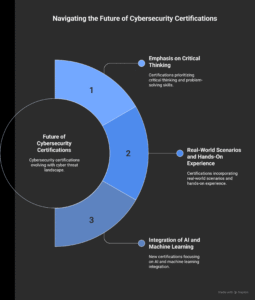
A Journey Made Easier with Guidance
It’s easy to feel overwhelmed when you look at the sheer number of certifications available. But the truth is, you don’t have to walk this path alone. Reliable platforms like Cert Empire provide exam resources, study materials, and guidance that make the journey less intimidating. With the right tools at your disposal, even the most challenging certifications become achievable.
And remember, no two journeys are the same. Some professionals climb quickly, while others take their time. What matters most is consistency and the willingness to learn. Whether you’re preparing for Security+ or CISSP, persistence is your greatest asset.
Conclusion
The Cybersecurity Certification Roadmap 2025 is more than a checklist; it’s a blueprint for success. From your very first certification to advanced leadership credentials, each step brings you closer to a fulfilling and future-proof career.
Certifications validate your skills, boost your confidence, and make you stand out in a competitive job market. With the right approach, clear goals, and a little help from trusted resources like Cert Empire, you can carve a path that not only secures your career but also plays a vital role in protecting the digital world.
Read More:
https://overlypost.com/cybersecurity-certification-roadmap-2025-from-beginner-to-expert/


 English
English 





























